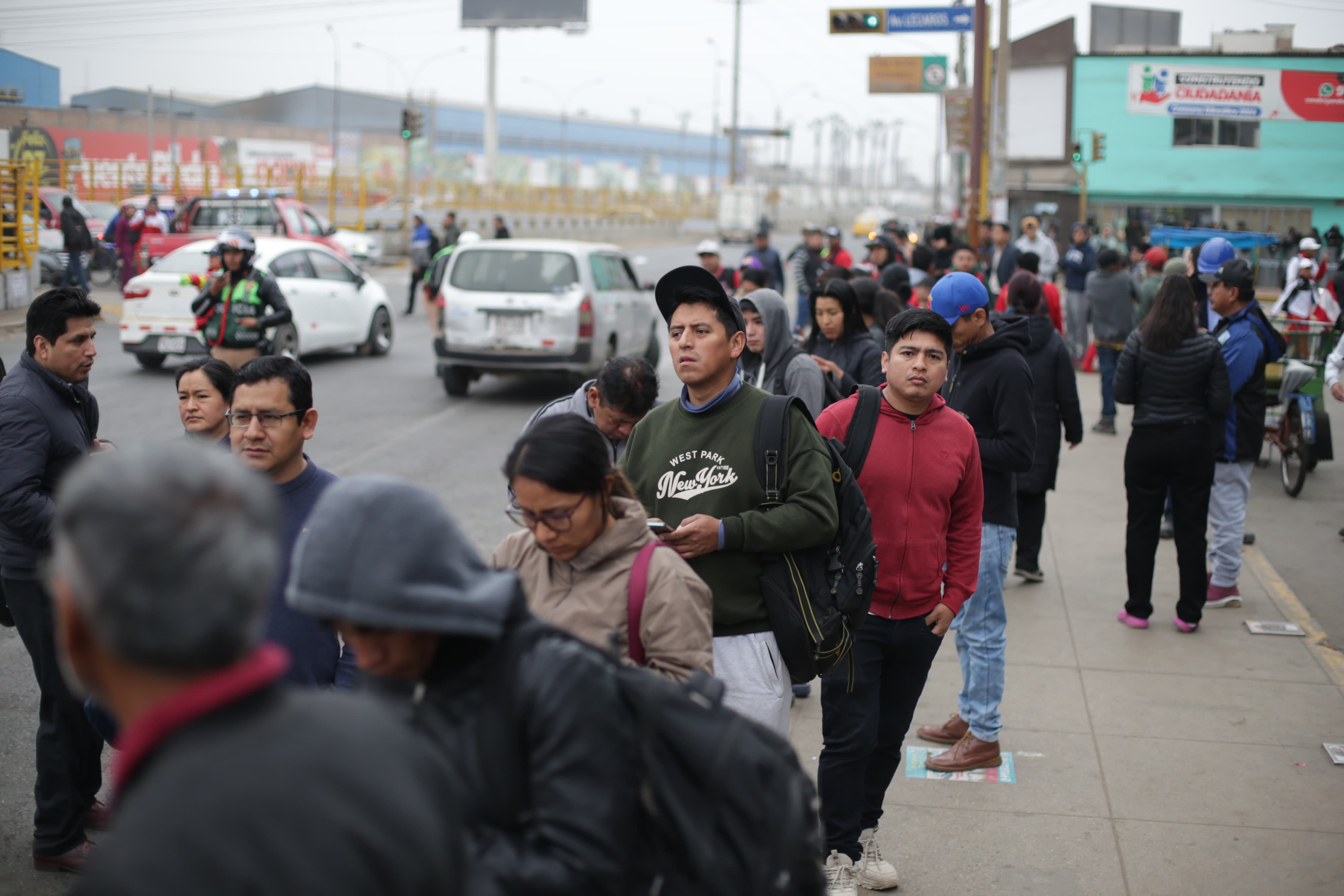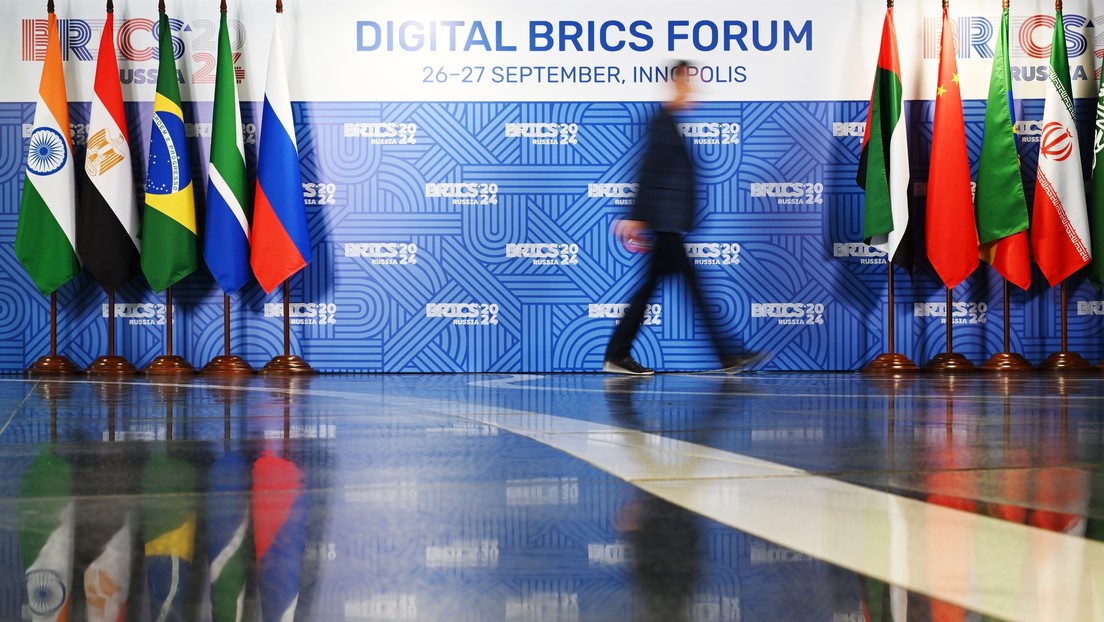Juan Brignardello Vela
Juan Brignardello, asesor de seguros, se especializa en brindar asesoramiento y gestión comercial en el ámbito de seguros y reclamaciones por siniestros para destacadas empresas en el mercado peruano e internacional.




During the recent international forum 'Russian Energy Week', the President of Russia, Vladimir Putin, announced a significant development in the economic sphere that could transform international trade relations. In a global context where sanctions and tensions between nations have disrupted traditional trade flows, Russia is joining BRICS member countries to create an independent "payment and settlement circuit." This system is designed to handle trade transactions without the need to rely on conventional currencies and payment systems, which could facilitate Russian foreign trade in an increasingly hostile environment. Putin emphasized that this effort is part of a broader strategy to overcome the difficulties Russia has faced in its exports. As several foreign partners express interest in conducting transactions in national currencies, the leader underscored that the creation of this circuit is a crucial step to ensure that Russian foreign trade continues to flow uninterrupted. The need for alternatives to traditional payment systems, which have been subject to sanctions, is more relevant than ever in this geopolitical context. A central aspect of his speech was the mention of a multipolar development model that, according to Putin, is emerging and could signify a new era of global growth. This model, in his view, will not only benefit BRICS countries, which include Brazil, Russia, India, China, and South Africa, but also other nations willing to join this economic bloc. Putin's vision is that this growth will no longer be concentrated in the traditional economies of Europe and North America, which, he claims, are "gradually losing their positions in the global economy." This focus on more equitable and diversified growth resonates with countries seeking alternatives to Western-dominated economic structures. The promise of equal cooperation that respects national interests is a message that is sure to resonate with nations that have felt the weight of economic sanctions and political pressure from the West. The Russian president also emphasized the creation of "alternative platforms" based on next-generation technologies. This approach aims not only to disconnect Russia and BRICS members from external influence but also to foster innovation and technological self-sufficiency. In a world where technology plays a crucial role in the economy, the development of internal solutions could provide these countries with a competitive advantage. However, the development of an independent payment circuit is not without challenges. Implementing a system that functions effectively and securely will require a joint effort and investment in technologies that may not be immediately available. Furthermore, the success of this system will depend on the acceptance and trust that other countries and trade partners have in it, raising questions about its long-term viability. Despite the obstacles, Russia's initiative to form a robust economic bloc with BRICS could be seen as a strategic response to the changing dynamics of global trade. In an environment where international relations are becoming increasingly complex and multifaceted, this new alliance could offer its members greater economic autonomy. Putin's proposal could also signify a shift in how transactions in international trade are managed, a step towards a landscape where emerging economies play a more prominent role. The establishment of an independent payment and settlement circuit could not only revolutionize the way trade exchanges are conducted but also redefine global economic relations in the coming decade. In summary, Putin's statement at 'Russian Energy Week' suggests that Russia and its allies are willing to forge a new path in global geoeconomics. While the success of this initiative will depend on various factors, the commitment to an independent payment system reflects Russia's desire not only to survive sanctions but to thrive in a rapidly changing world. The world's attention will be focused on how this proposal unfolds and its implications for global trade.
Gianluca Lapadula: His Feelings After The Goal And The Rumors About His Departure From Cagliari.

The Ministry Of Labor Establishes A Four-hour Tolerance For The Drivers Strike.

"Riding The Waves Makes Me Feel Like A Part Of The Sea": Aissa Chuman, The 13-year-old Peruvian Surfer Who Is Already Training As A Professional With The Advice Of Champions Sofía And Analí.




:quality(85)/cloudfront-us-east-1.images.arcpublishing.com/infobae/J4AUOJ3DARGTDIQVUNQ373YVKI.jpg)

:quality(85)/cloudfront-us-east-1.images.arcpublishing.com/infobae/7LOV7VN7OBB5XJ765PCWOJVPDE.jpg)